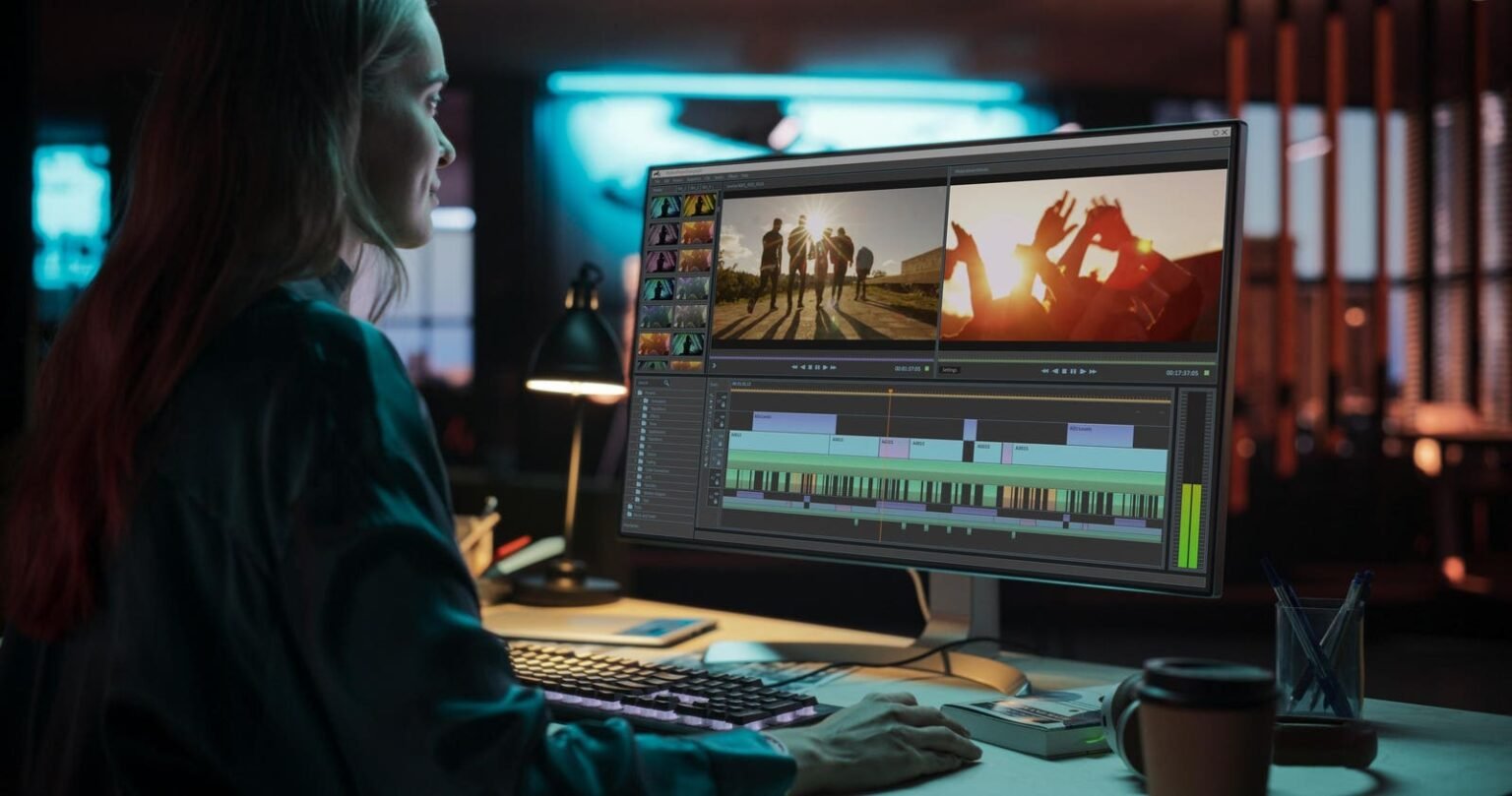Mira Murati, chief technology officer of OpenAI, recently sparked a heated debate by claiming that generative AI could replace some creative jobs that perhaps should not have existed in the first place. While she suggested that AI can enhance creativity, many criticized her remarks, arguing that AI could inhibit rather than foster creativity. Some fear that AI, especially generative AI, could lead to job losses in creative fields such as graphic design, writing, photography, filmmaking, and gaming. However, current evidence suggests that AI is not yet on a path to completely replace creative jobs.
According to a talent report published by Robert Half, the demand for creative talent is still strong, with many companies hiring for roles such as graphic designer and UX designer. In 2023, approximately 200,000 creative jobs were added to corporate payrolls, and the unemployment rates for graphic designers and web designers remain relatively low. Despite this positive outlook, there is still concern among global marketing and creative leaders about potential job loss due to AI. However, many of these leaders also welcome the addition of AI tools in their work, believing that generative AI can enhance the creativity of their teams.
Deepa Subramaniam, vice president at Adobe, believes that we are currently in a golden age of creativity and design, with AI playing a crucial role in meeting the demand for personalized content. She argues that AI is not eliminating creative jobs but rather helping creatives to manage and scale their work more effectively. Subramaniam notes that the automation of mundane tasks allows creatives to focus on higher-level thinking and problem-solving. As technology opens up new creative possibilities, it may actually attract more people to pursue creative roles in various industries.
Subramaniam uses the example of engineering to illustrate the impact of technology on design-oriented professions. While technology has automated many tasks in engineering, the field has continued to grow as engineers are able to focus on solving more complex problems. Similarly, in creative fields, AI can streamline workflows and free up creatives to engage in more innovative and strategic work. Subramaniam emphasizes that AI is not replacing creatives but rather enabling them to produce content at scale and across different languages and cultures.
Overall, the debate surrounding the impact of AI on creative jobs is ongoing, with conflicting opinions on whether AI will ultimately replace or enhance creativity. While some fear job losses, others see AI as a tool that can unlock new creative possibilities and attract more people to creative roles. As technology continues to evolve, it is likely that AI will play an increasing role in the creative process, helping creatives to manage and scale their work more efficiently. While the future of creativity in the age of AI remains uncertain, it is clear that technology will continue to shape and transform the creative landscape in the years to come.

